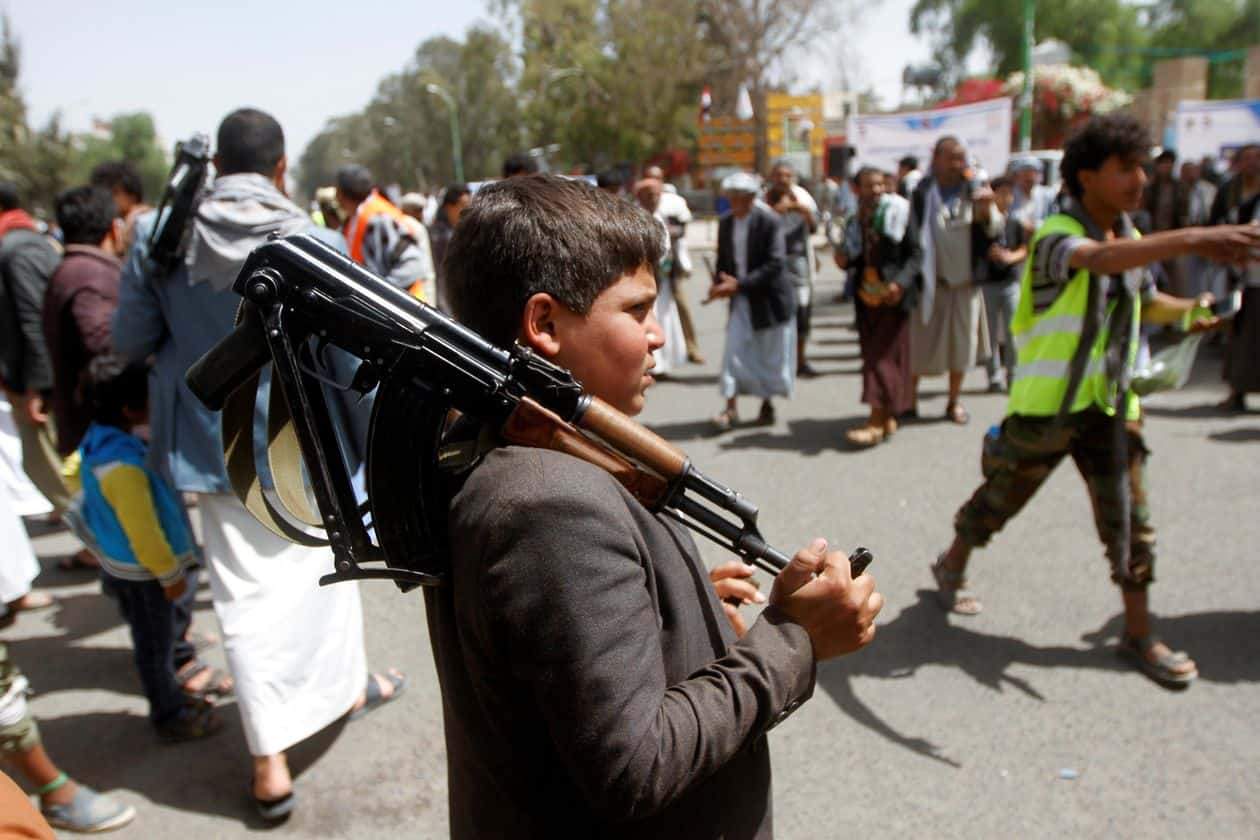Saudi Arabia Declares Two-Week Cease-Fire in Yemen

Saudi Arabia declared a unilateral two-week cease-fire in Yemen as Riyadh tries to extricate itself from a costly and protracted war with Iran-backed Houthi fighters.
The truce is set to take effect on Thursday in an effort to inject new momentum into efforts by the United Nations to end the five-year-old conflict.
However, Houthi officials on Wednesday dismissed the Saudi cease-fire plan for not going far enough to address their demands.
The truce comes amid an increase in violence in Yemen. The U.N. has said the country is the setting for the world’s worst humanitarian crisis.
Saudi officials portrayed the cease-fire as a move to jump-start political peace talks and a pause to help Yemen, devastated by war, to deal with the coronavirus outbreak. If the warring parties are able to make progress in the coming two weeks, Riyadh plans to extend the cease-fire.
“The two-week cease-fire will hopefully create a more effective climate to deescalate tensions, work with [special U.N. envoy Martin Griffiths] towards a sustainable political settlement, and focus efforts on securing the health and safety of our Yemeni brothers,” Khalid bin Salman, Saudi Arabia’s deputy defense minister said on Twitter.
The extent of the pandemic in Yemen, if any, is unknown. No cases of infection have been reported, according to Johns Hopkins University data. Any outbreak of the virus in Yemen could potentially be catastrophic. Less than half of the country’s hospitals and clinics are operating at full capacity, and often lack staff, supplies and even electricity needed to tackle the disease, according to International Crisis Group, a conflict-prevention organization based in Brussels.
Mr. Griffiths, the special U.N. envoy to Yemen who has struggled to keep peace talks on track, welcomed the news.
“I am grateful to the Kingdom of Saudi Arabia and the Arab Coalition for recognizing and acting on this critical moment for Yemen,” he said. “The parties must now utilize this opportunity and cease immediately all hostilities with the utmost urgency, and make progress towards comprehensive and sustainable peace.”
The U.N. plan proposed by Mr. Griffiths called for a nationwide cease-fire, the resumption of talks aimed at ending the conflict, and joint efforts to fight the coronavirus.
On Wednesday, Houthi leaders said they want to see Saudi Arabia ease its restrictions on Yemen by allowing more ships into the Red Sea port of Hodeidah and allowing flights into San’a, the Yemen capital city controlled by the fighters.
The war battered Saudi Arabia’s image in Washington, where lawmakers from both parties joined forces to try to restrict U.S. military support to Riyadh for the fight in Yemen.
More than 110,000 people have been killed in Yemen, according to the Armed Conflict Location and Event Data Project, a U.S.-based analytical firm that tracks the conflict.
Saudi Arabia and Houthi fighters have maintained a partial truce for several months as they tried to negotiate a peace deal. But talks continuously bogged down and violence began to increase in recent months, creating new alarms for U.N. officials trying to end the fighting.
Last week, Houthi fighters fired a ballistic missile at Riyadh, according to Saudi officials, the first time the group has targeted the Saudi capital in nearly a year.
Another Saudi official hedged on whether the kingdom and its allies would respond if the Houthis launch more ballistic missile attacks on Saudi targets during the truce.
“We do have the right ... that we will defend our people,” this official said, adding: “Let’s be more optimistic.”
Photo: A boy carrying a weapon as he and Houthi supporters are seen during a gathering in San’a, Yemen, on April 2. - PHOTO: MOHAMED AL-SAYAGHI/REUTERS











